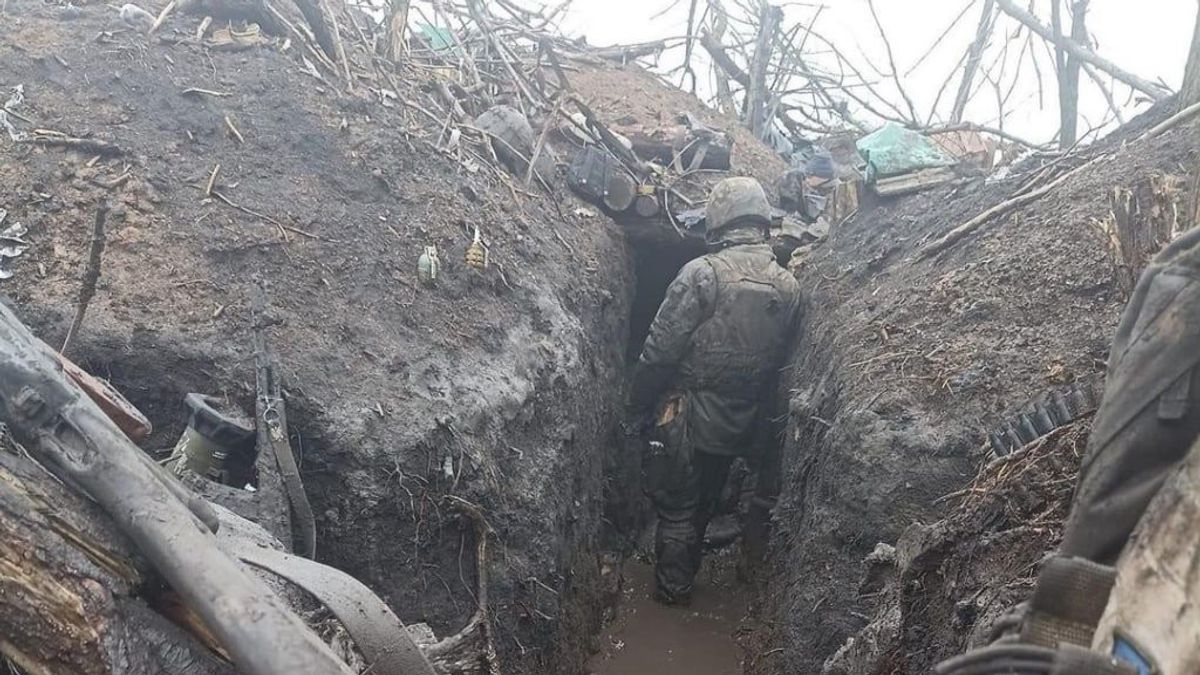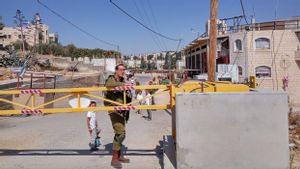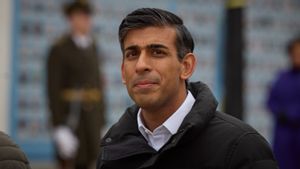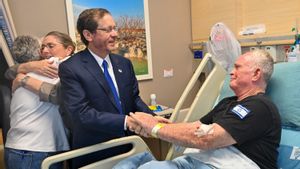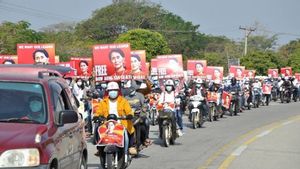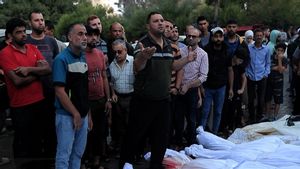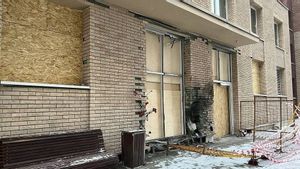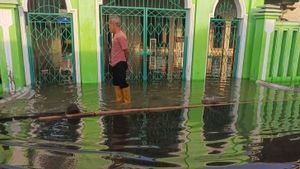JAKARTA - Ukraine's military says Russia has stepped up its use of illegal riot control tools on the front lines, to try to clear trenches as it begins to make greater advances in the east more than two years since its full-scale invasion.
Riot control devices such as tear gas are banned on battlefields under the international Chemical Weapons Convention, to which Russia and Ukraine are signatories.
Although civilians can usually escape tear gas used to break up riots or protests in cities, soldiers trapped in trenches without gas masks must flee under enemy fire or risk being suffocated by the gas.
The Ukrainian infantry soldier, nicknamed "Ray", said he quickly put on his gas mask after a Russian drone flying over his trenches on the eastern front dropped tear gas grenades.
"It's like pepper spray, it makes your eyes tear up. It's not deadly, but it's annoying and makes you faint. It's very difficult to do your job after you inhale it," he told Reuters about the attack he experienced, as quoted on April 18.

Colonel Serhii Pakhomov, acting head of the military's atomic, biological, and chemical defense forces, said Kyiv had recorded around 900 Russian uses of riot control equipment in the past six months, out of more than 1,400 uses since the February 2022 invasion.
Russia mainly uses K-51, VOH, and RH-VO hand grenades containing CS, CN, and other gases, he said in an interview.
Five hundred Ukrainian soldiers required medical assistance after being exposed to toxic substances on the battlefield and at least one soldier died after suffocating from tear gas, Pakhomov said.
"In addition to being demoralized, the person loses physical abilities – he can't see, can't breathe, everything is irritated," he explains.
"Yes, it is only temporary, but this is a moment that the enemy can use to take over this position or another," he stressed.
Meanwhile, Volodymyr, a doctor in the Donetsk region, said cases of gas attacks have increased recently because he sees an average of two soldiers a week.

They complained of gas attacks with various characteristics, colorless, blue or green and with a strong chemical odor.
Symptoms, such as irritation, like tear gas or something like that, he said, could not identify the substance with certainty.
The Ukrainian military distributed gas masks and conducted drills to prepare soldiers to defend their positions during the attack.
The Ukrainian military previously accused Russian troops of also using chloropicrin, which was used as a poison gas during World War I.
The Russian Embassy in the Netherlands, where the Organization for the Prohibition of Chemical Weapons (OPCW) is headquartered, wrote in X in January that allegations of Russia's use of CN gas grenades used unconfirmed data.
An OPCW official, which investigates the alleged use of chemicals as weapons, said it had received no requests for investigations or technical assistance regarding the alleged use of banned chemicals in war.
SEE ALSO:
"However, the use of riot control agents as weapons by Russian forces was widely debated," at a recent meeting of the organization, said the official, who spoke on condition of anonymity because of the sensitivity of the issue.
Pakhomov said the 1,400 recorded cases were likely an underestimate because heavy artillery fire and fighting often prevented the group from visiting the trenches, making documentation and accountability more difficult to achieve.
The Russian Defense Ministry did not respond to a request for comment on this. Previously, Moscow accused Ukrainian troops of using chemical weapons, but this was denied by Kyiv.
It is known that Russian troops, who have occupied around 18 percent of Ukrainian territory, are advancing slowly but surely in the east, after months of deadly fighting.
The English, Chinese, Japanese, Arabic, and French versions are automatically generated by the AI. So there may still be inaccuracies in translating, please always see Indonesian as our main language. (system supported by DigitalSiber.id)
